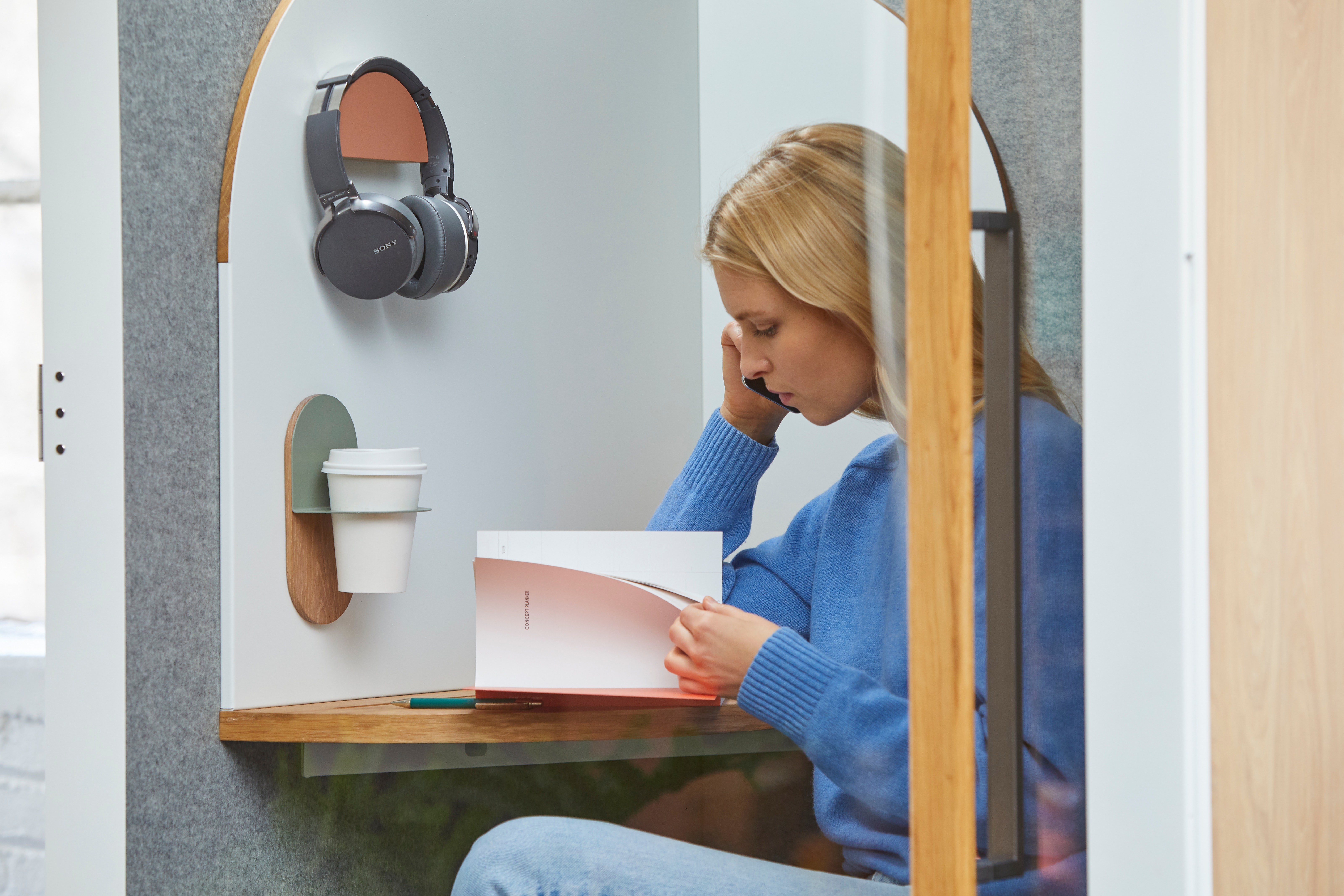Pensions for freelancers – 5 good reasons why you should future proof your finances
Ugh, pensions. Just hearing the utterance of the word can leave freelancers in a cold sweat.
Setting up a pension as a freelancer is something that tends to fall to the bottom of the to-do list, especially as it eats into your earnings. You’re not alone. Only 31% of self-employed professionals are currently saving into a pension. The truth is, most of us don’t want to face the fact that we will get older and our health will decline, but when that day comes we’ll be kicking ourselves that we didn’t wise up.
Contrary to popular belief, a freelance pension can be easy to set up and simple to manage, no matter what your circumstances are. Even if you don’t know where your next client contract is coming from, getting into the mindset of seeing your self-employed pension as a business expense is a sensible habit.
Unconvinced? Here are 5 good reasons why you should future proof your finances by saving towards a freelancer pension.

#1 Saving is easy
…..Said, no-one ever.
In all seriousness, you don’t have to be putting away hundreds of pounds each month to be a savvy saver. Saving just £50 per month will tot up to £6000 over a period of 10 years.
The best way to start saving is to set up a direct debit to a separate account. If you rely on solely your current account, it’s very easy to fritter that money away.
Saving so far into the future can make the pursuit of a freelancer pension seem fruitless but remember, it’s still your money and it will earn interest over time. Then, as you get more comfortable planning long-term, you can increase your payments accordingly.
Unless you were bold enough to work for yourself straight out of school or university, it’s likely you have already paid in to a pension in any previous employment roles. Find out the names of the providers and whoever you choose for your self-employed pension will help make sure all that previously lost money is transferred over.

#2 The alternative is living on £674.40 per month
The UK government state pension is currently set at £168.60 per week, and research from a wealth management company in 2018 highlighted that nearly 1/3 of self-employed workers plan to rely solely upon this state pension in their retirement. Let’s suppose you have a mortgage and bills to contend with. That doesn’t leave a lot leftover for the bucket list.

#3 Saving for a freelance pension is a good excuse to raise your day rate
When was the last time you increased your rates? Despite rising inflation, many freelancers don’t adjust their fees accordingly. Let’s remember that in the year 2000 a Cadbury’s Freddo cost just 10p, now it costs 25p.
What better way to ease the pinch of paying into a pension than increasing your earnings? Freelancers can be guilty of thinking short-term when it comes to finances. After all, many work on a project or short term contract basis, and find it difficult to predict their income month to month or one year to the next. By allowing yourself to earn more, you’ll be more comfortable with saving.

#4 Help and support is out there
As a freelancer, you already know all about the benefits of outsourcing, so finding a financial adviser to steer you in the right direction is an investment worth making. Think of all the time you’ll save and how much more money you’ll make, from seeking the help of someone who knows the ins and outs of the finance industry.

#5 Pension contribution providers are diversifying
No longer are pension contributions solely reserved for those chained to open plan desks and 25 days holiday a year. Companies such as yourBAU are committed to helping self-employed workers access helpful resources and benefits. They are the first UK company to offer pension contributions for self-employed workers and 1.5% cashback for those who generate over £10,000 on their platform.


![Business Survey 2022 [Infographic]](https://www.peopleperhour.com/discover/wp-content/uploads/2022/01/PeoplePerHour-business-survey-2022-432x243.jpg)
